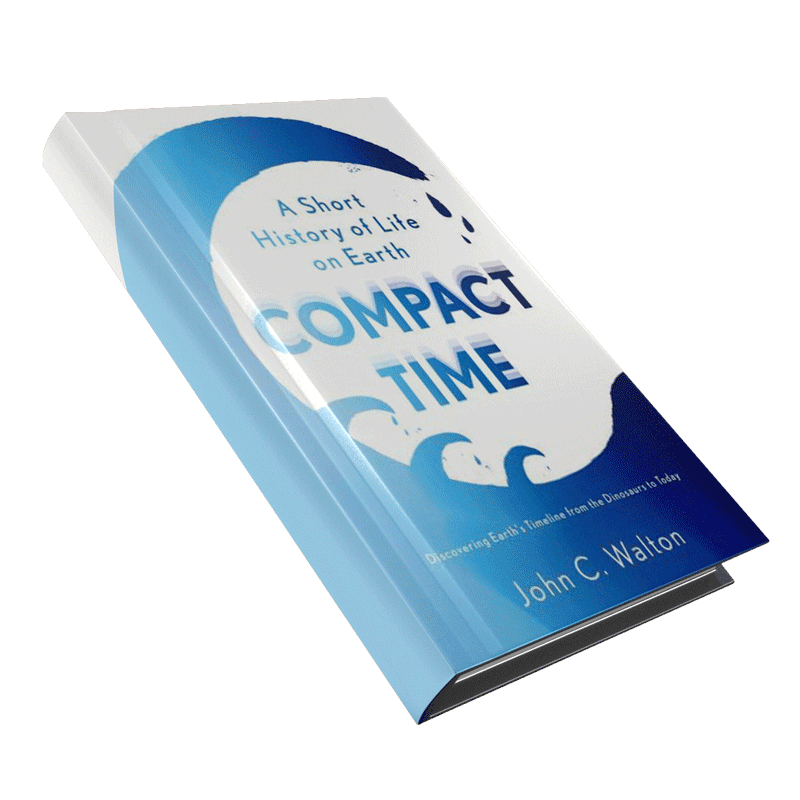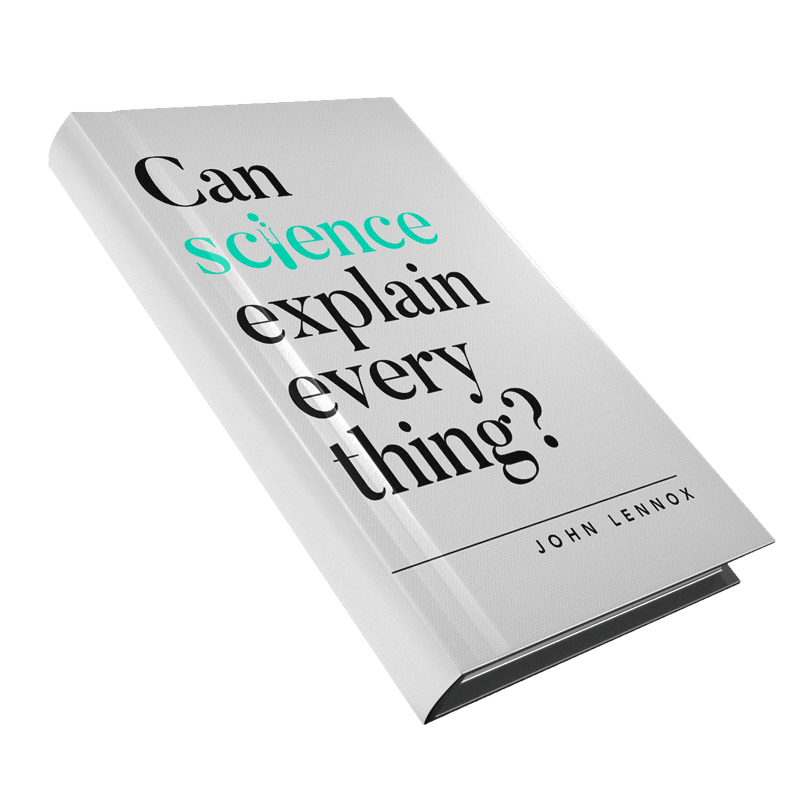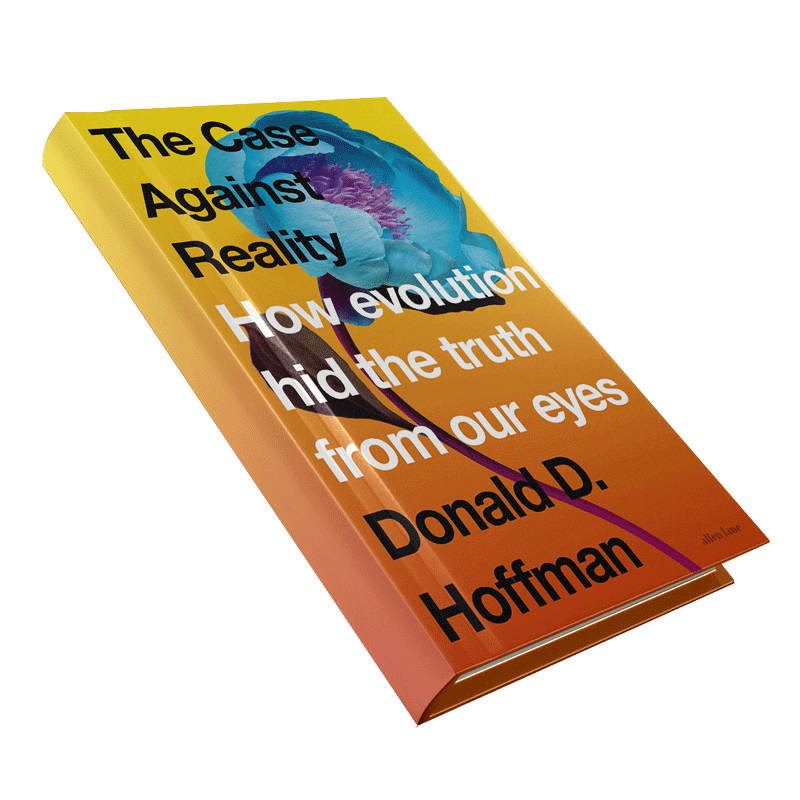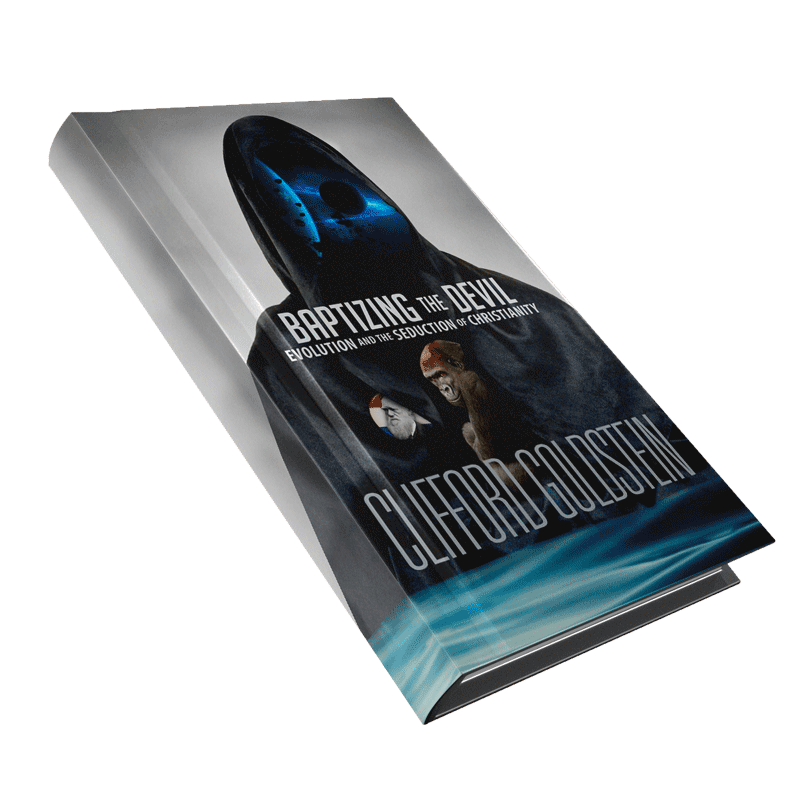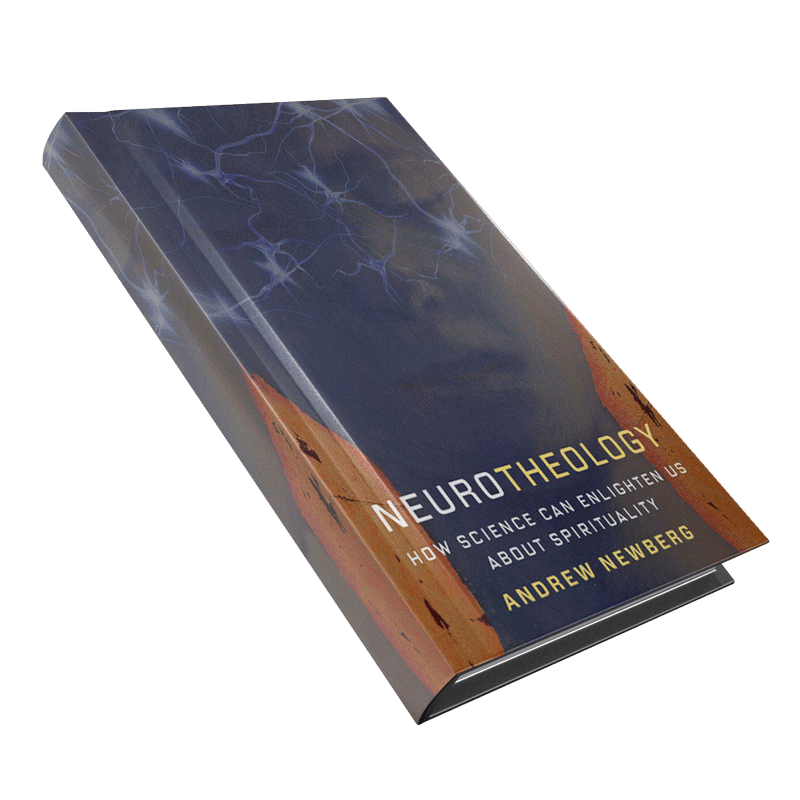RESOURCES
Additional Resources
HERE ARE A FEW BOOKS WE RECOMMEND AS ADDITIONAL READING TO THIS DOCUSERIES
Compact Time. A Short History of Life on Earth
It highlights the fallacies of methods currently applied to timing Earth history and then draws attention to the radiocarbon dating technique. Radiocarbon decays away in only thousands of years and undecayed, radiocarbon permeates the whole geologic column; it’s even in fossil dinosaur bones. This implies a compact timescale of only thousands of years for the whole span of life on Earth.
Can Science Explain Everything?
But is that really the case? Drawing on his own experiences as a scientist and a Christian, and decades of good-natured discussion and debates about the relationship between them, Professor John Lennox suggests how we can see these two presumed foes as good friends—and enjoy the benefit from both of them.
The Case Against Reality. How evolution hid the truth from our eyes
Hoffman challenges us to rethink some of the most basic foundations of neuroscience and physics, which could prove to be exactly what we need to make progress on the most difficult questions we face about the nature of reality.”
Annaka Harris,
Author of Conscious
Baptizing the Devil. Evolution and the Seduction of Christianity
Why do the findings of science, the results of the ‘scientific method’, often contradict each other? When scientific explanations about present reality, about what can be handled, heard, seen, tested and retested, are filled with debate and controversy—why do so many people unquestionably accept every scientific proclamation about supposed events millions or billions of years ago? Baptizing the Devil seeks to show that this capitulation is not only unnecessary but misguided, another unfortunate example of well-meaning Christians compromising their faith to the prevailing culture.
Neurotheology. How Science Can Enlighten Us About Spirituality
Neurotheology covers many potential points of contact between science and religion, acknowledges the existence of complexity and the dangers of simple reductionism, and presents clear information on the capabilities and limitations of various forms or neurological assessment.”
John Peteet,
Harvard Medical School

